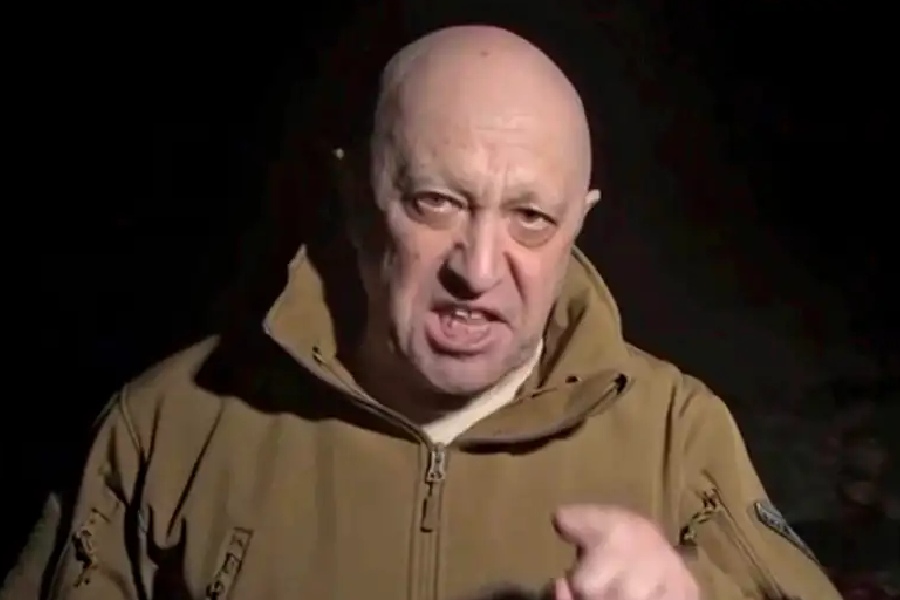The mercenary chief who led a short-lived mutiny against Russia’s top military brass in June has emerged in an unverified video message posted on Telegram channels affiliated with his Wagner forces, appearing to recruit for the group’s operations in Africa.
The fate and whereabouts of Yevgeny V. Prigozhin, the Wagner chief, have remained largely shrouded from public view since he led Wagner troops to seize military headquarters in southern Russia before leading them on an advance toward Moscow in late June. The rebellion, which Prigozhin called off after 24 hours, was the most significant challenge to Putin’s authority in decades.
Neither the authenticity of the video that surfaced on Monday nor when or where it was made could be determined.
The video appeared to be the first glimpse of Prigozhin since late July when he appeared in unverified photographs. A few days later, a recording circulated with a voice that appeared to be his saying that Wagner had paused recruiting while figuring out its “next tasks”.
In the video, posted around the same time on a number of Wagner-affiliated accounts Monday night Moscow time, Prigozhin is seen in fatigues holding an assault rifle in an unspecified location, before a backdrop of a barren terrain with scant, low-lying brush. He said it was more than 50 degrees Celsius — or 122 degrees Fahrenheit. His location could not be confirmed, but his whereabouts have been a regular source of mystery.
He said in the video that the Wagner Group was carrying out search-and-reconnaissance activities making Africa “freer”, suggesting the group was recruiting for its operations in Africa.
For years, Wagner has been expanding its reach in several African nations, particularly in the Central African Republic, where it controls large mining and timber interests. Last month, Prigozhin praised the coup in Niger in a voice message on Telegram and offered Wagner’s services to the country’s new leaders. One of the leaders visited neighbouring Mali, where about 1,500 Wagner troops are allied with the military regime there.
The group has provided security to African presidents, propped up dictators and crushed uprisings, and has been accused of flagrant human rights abuses including torture and murder in the process. As payment for its services, it receives cash or lucrative mining concessions.
New York Times News Service










